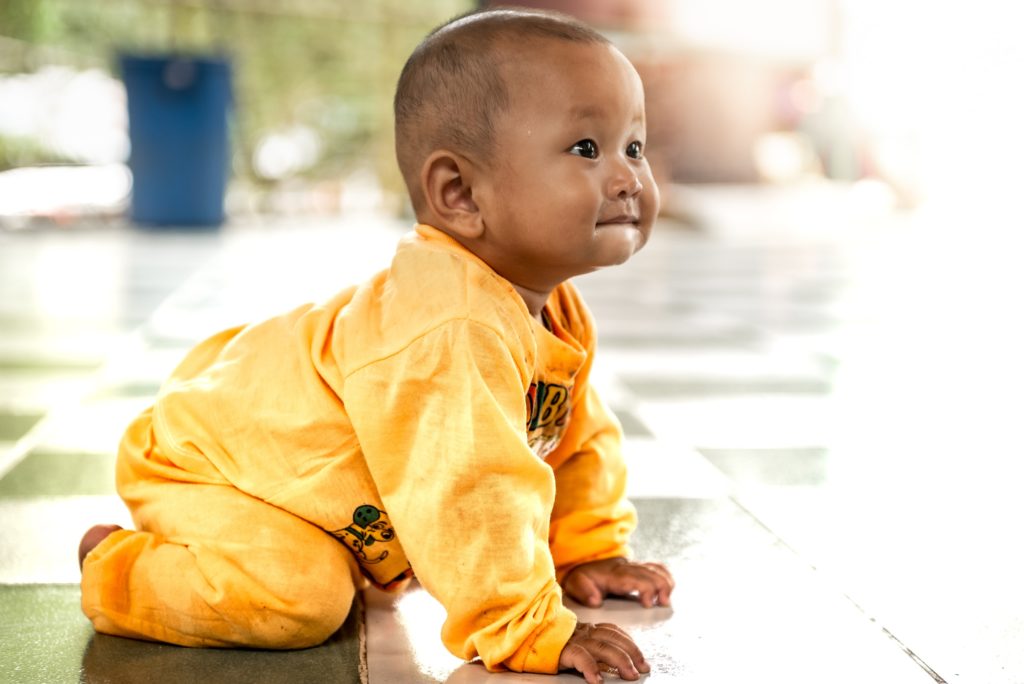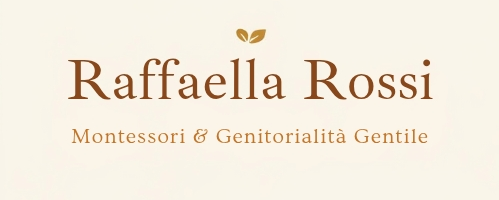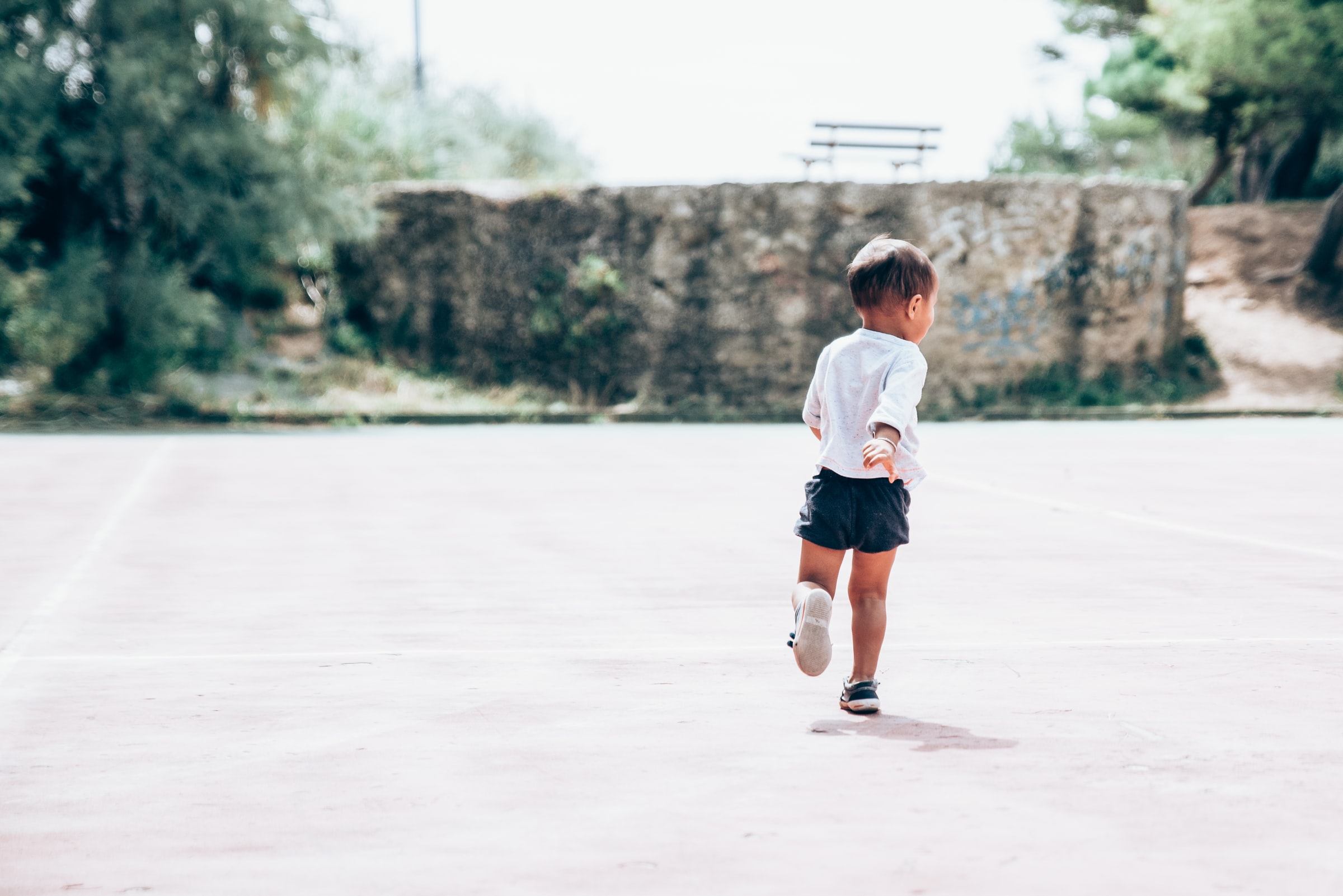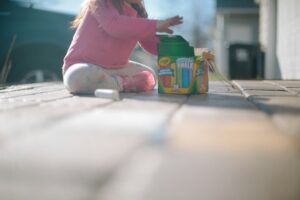Independence and the Montessori method
“Children, who know how to be self-sufficient, put on their shoes, dress and undress, reflect in their pleasure and cheerfulness a reflection of human dignity. Human dignity derives from the feeling of one’s independence.” M.M (2002)
In her constant observation of children, Maria Montessori concentrated on understanding what children need in the different phases of their growth. During the 18 years of childhood, she identified three periods. Even though each one is different from the others, they are all driven by the common need for self-actualization. While Montessori recognized that human beings are born dependant, she never thought babies at birth were helpless. Quite the opposite, she believed people came to the world filled with potential waiting to unfold. At the same time, it is only with the right conditions that each individual can express their potential.
The need for independence
What are the right conditions, then? Firstly, children need a present, loving and caring family who accept and love them unconditionally. On the other hand, they also need adults ready to let them go and venture into the world. Independence is one of the basic needs that appear during the first six years of life. During this period, children begin to learn necessary life skills such as walking, feeding and engaging in the first self-care tasks. Not surprisingly, the call for independence gets often overlooked by adults. At times we cannot stand to see them struggle. Other times, we are either too impatient or unable to trust their abilities.
trusting children
The main problem we face is that our own carers had the habit of doing things for us. On top of that, society tends to look at children only as helpless beings needing protection. Luckily in the last thirty years, a lot has been done to promote children welfare and safety. They are indeed a vulnerable category and adults have, by all means, the duty to protect them from harm. This, however, does NOT mean that they are helpless. Quite the opposite, if given the opportunity children are incredibly capable human beings. They can be resilient, self-confident, adaptable and full of resources. Given a chance and our trust, children can surprise us.

Independence at home
If you are a parent and are reading me, you might be wondering: what would I start from at home? First of all, independence does not mean forcing children to do things on their own. Knowing your children, you will be aware of what they are capable of and ready for. Equally, you might need to reflect on what level of independence you feel comfortable with. The best way to do it is by giving them a chance to try and do things for themselves. This could be putting on the trousers, using a spoon or drinking from a cup. Whichever the tasks, we start by doing it with them and day by day taking our help back while remaining present and ready to support.
Independence at nursery
Supporting children’s independence and desire to do things on their own should be a priority not only in Montessori nursery but for any early years provider. Practitioners should look at the environment with their eyes and from their level, removing every obstacle to their independence. From the moment they step in, children should find a place to place their belongings, need to be able to access any activity independently and engage without the help of adults. Equally, the bathroom should be set up so that children can reach the facilities without needing help. Finally, we must slow down and give children time to complete their tasks. While at home other priorities might take over, at nursery there is no excuse for not giving children enough time to try.
The benefits
Montessori linked independence with the dignity of a human being. We feel good about ourselves when we manage to do things on our own. The hardest the task gets, the more rewarding and satisfying is the achievement. In addition, feeling that others trust our abilities makes us feel worthy. More than any compliment we might receive, knowing that the people we love believe in us supports the core of our self-esteem. By giving children a chance to try, trusting their capacities, we help them testing their abilities, getting to know themselves better and nurture a positive sense of self.








6 Comments
Comments are closed.